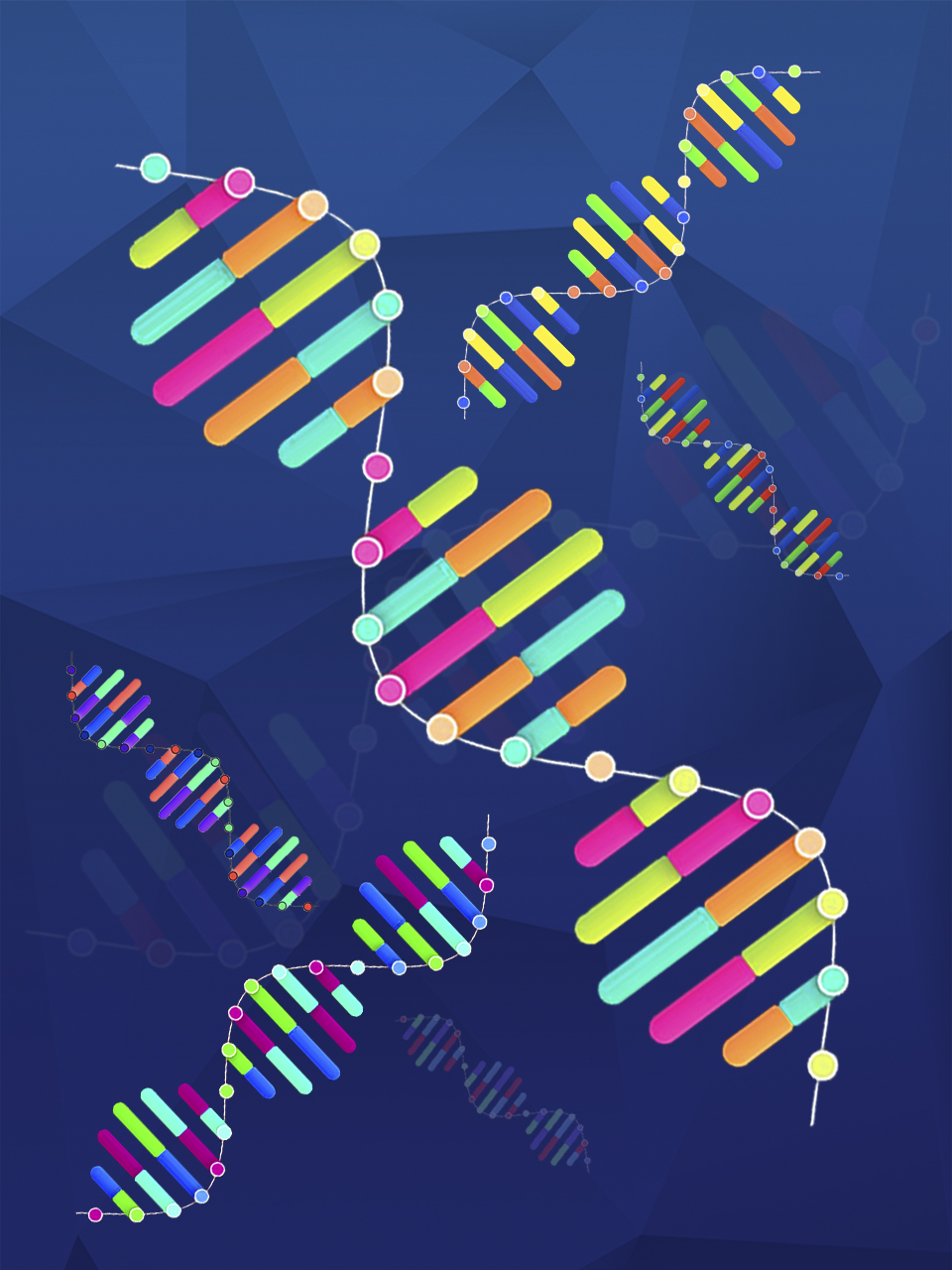Dobbs decision is a huge setback for genetic counseling and the people who need it
By Sonia M. Suter and Laura Hercher,
STAT
| 08. 25. 2022
The Supreme Court’s decision in Dobbs v. Jackson Women’s Health Organization that struck down the constitutional right to abortion guaranteed by Roe v. Wade in 1973 is also a huge setback for genetic counseling and the people who need it.
In 2013, when anti-abortion activists were still forced to maneuver around Roe v. Wade, North Dakota passed a law banning abortions that are motivated by diagnosis of a “genetic abnormality or potential for a genetic abnormality.” With this, and similar laws passed in 13 other states, the anti-abortion movement put itself forward as a champion of those with genetic conditions — though these states are among the least active in providing support for families and children in need of social services and medical care.
In a 2019 Supreme Court decision, Justice Clarence Thomas praised such laws as appropriate antidotes to “modern-day eugenics.” By allowing states to ban all abortions, including so-called eugenic abortions — which Thomas described as abortions that “eliminate children with unwanted characteristics, such as a particular sex or disability” — the Dobbs decision is likely to end...
Related Articles
By Dana Mattioli, The Wall Street Journal | 04.15.2025
Image "Elon Musk" by Debbie Rowe on Wikimedia Commons
licensed under CC by S.A. 3.0
Ashley St. Clair wanted to prove that Elon Musk was the father of her newborn baby.
But to ask the billionaire to take a paternity...
By Emma McDonald Kennedy
| 04.24.2025
A Review of Eggonomics: The Global Market in Human Eggs and the Donors Who Supply Them by Diane M. Tober
A recent journalistic investigation of the global egg trade at Bloomberg put the industry’s unregulated practices and their exploitative implications back in the spotlight. Diane Tober’s book Eggonomics: The Global Market in Human Eggs and the Donors Who Supply Them, published in October of last year, delves even more deeply into the industry with a thorough examination of egg...
By Sarah Jones, Intelligencer | 04.17.2025
From the Natalism website
Elon Musk may not have appeared at the Natal Conference in Austin, Texas, this year, but he didn’t have to. The very concept of pronatalism owes its current prominence to him and his obsession with fertility...
By Staff [cites CGS' Katie Hasson], Radio New Zealand | 04.05.2025
At a time where some countries are struggling with low birth rates, the voices for pronatalism are getting louder. But it’s who’s sounding the call for more babies that has people talking.
Tech giant Elon Musk has fourteen children and...




